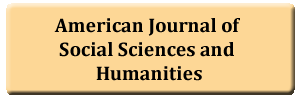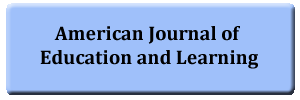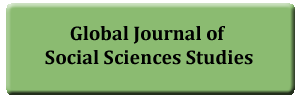Using the Kurdish language in the EFL classrooms: An investigation of teachers' and students' perceptions and attitudes between two institutes in Sulaymaniyah city
DOI:
https://doi.org/10.55284/ajce.v6i1.832Keywords:
Attitudes, English as a foreign language, Kurdish language, Kurdistan technical institute, National institute of technology, Student's attitudes, Teachers' perceptions.Abstract
Studying and applying English as a foreign language in Kurdistan Region has been used in academic and non-academic fields. The use of the first language (L1) in Learning English in a nation where it is not the primary language is known as English as a foreign language (EFL). For instance, since English isn't the Nation's official language, students in Iraq studying it are categorized as EFL students. Sessions are a source of ongoing debate among professionals and academics throughout the globe, especially whether it helps or hinders English teaching. The researcher wants to see whether the Kurdish language helps teach English in academic places. Two institute students were selected randomly. This research focused on classroom dynamics regarding the amount of L1 usage in English lecture halls in Kurdistan. This study aimed to show instructors' and students' opinions and attitudes on using first-language and second-language classrooms. The two teachers and two high and two low-achiever students were interviewed, and the lessons were watched and videotaped for six sessions. The results revealed that using Kurdish too often can demotivate learners. Thus, the students who were questioned expressed their displeasure with the inappropriate usage and use of L1 in L2 lessons. This study examines applying the first language in EFL Iraqi Kurdistan institutes. Scholars and EFL instructors throughout the globe have discussed how utilizing L1 in EFL classrooms may be an aid or a burden, depending on how we look at it.



